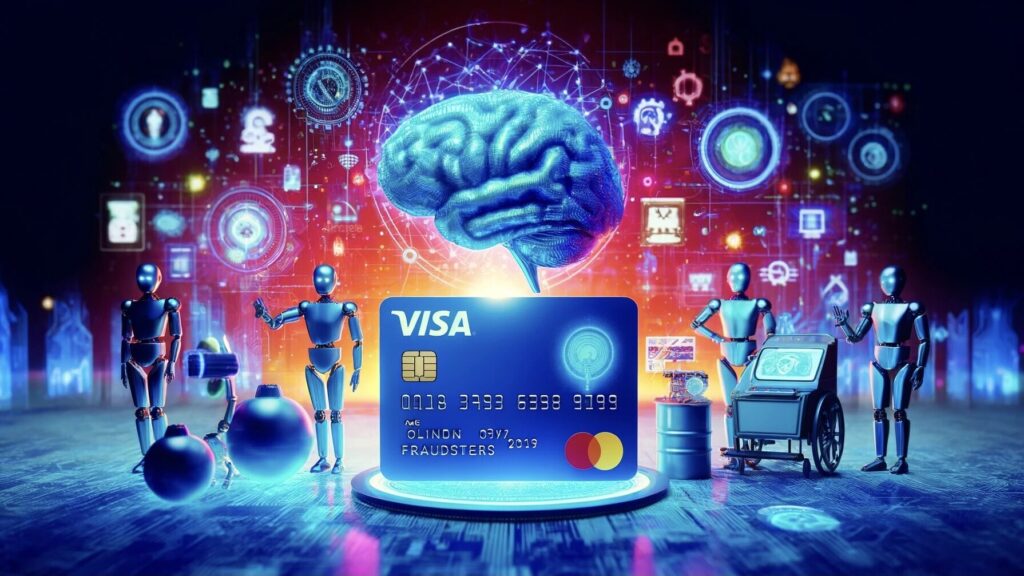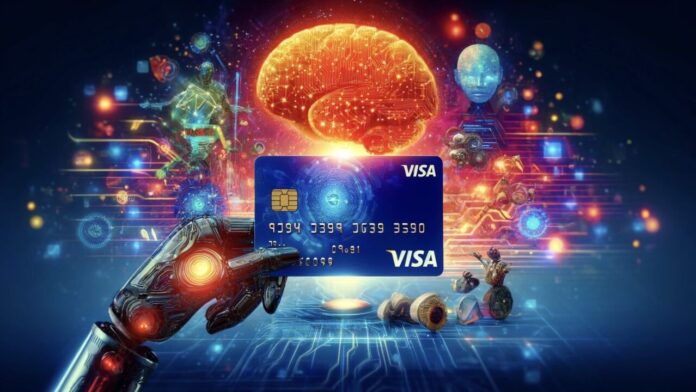Visa has introduced a new artificial intelligence-based system designed to analyze financial transactions and prevent fraudulent activities. The rapid advancement of AI technology has not only empowered cybercriminals to commit crimes like identity theft and fraud but also given financial institutions and cybersecurity firms the tools to fight back. Visa’s latest initiative aims to utilize AI to tackle a specific type of fraud known as brute force attacks.
In these attacks, malicious actors attempt to gain unauthorized access by guessing credit card details through a high volume of combinations, hoping to find a valid card number, expiration date, and security code. When a valid combination is discovered, the data is either sold on the dark web or used for unauthorized purchases. Visa reports that these attacks have resulted in over $1 billion in losses in the past year alone, highlighting the severity of the problem.

To combat this growing threat, Visa has introduced Visa Account Attack Intelligence (VAAI), a system that has been in place since 2019. Visa’s new addition, VAAI Score, assigns a risk score to each transaction in real time, helping card issuers make more informed decisions about potentially fraudulent transactions. This AI-based system not only helps prevent unauthorized transactions but also reduces the risk of false positives, where legitimate transactions are wrongly declined.
VAAI Score has been trained on over 15 billion Visa transactions to identify normal and abnormal spending patterns. This comprehensive analysis allows Visa to determine the risk score for each online transaction, providing valuable insights to card issuers and enhancing the overall security of online payments. Currently, VAAI Score is available to card issuers in the United States, with potential expansion to other regions.

While Visa’s use of AI to combat fraud represents a significant advancement in cybersecurity and financial security, questions remain about the future implications of AI-based security tools. How will these technologies evolve to address new types of fraud, and what impact might they have on consumer privacy and data protection?
We’d love to hear your thoughts on Visa’s latest initiative and the broader implications for cybersecurity. Feel free to share your comments below.

